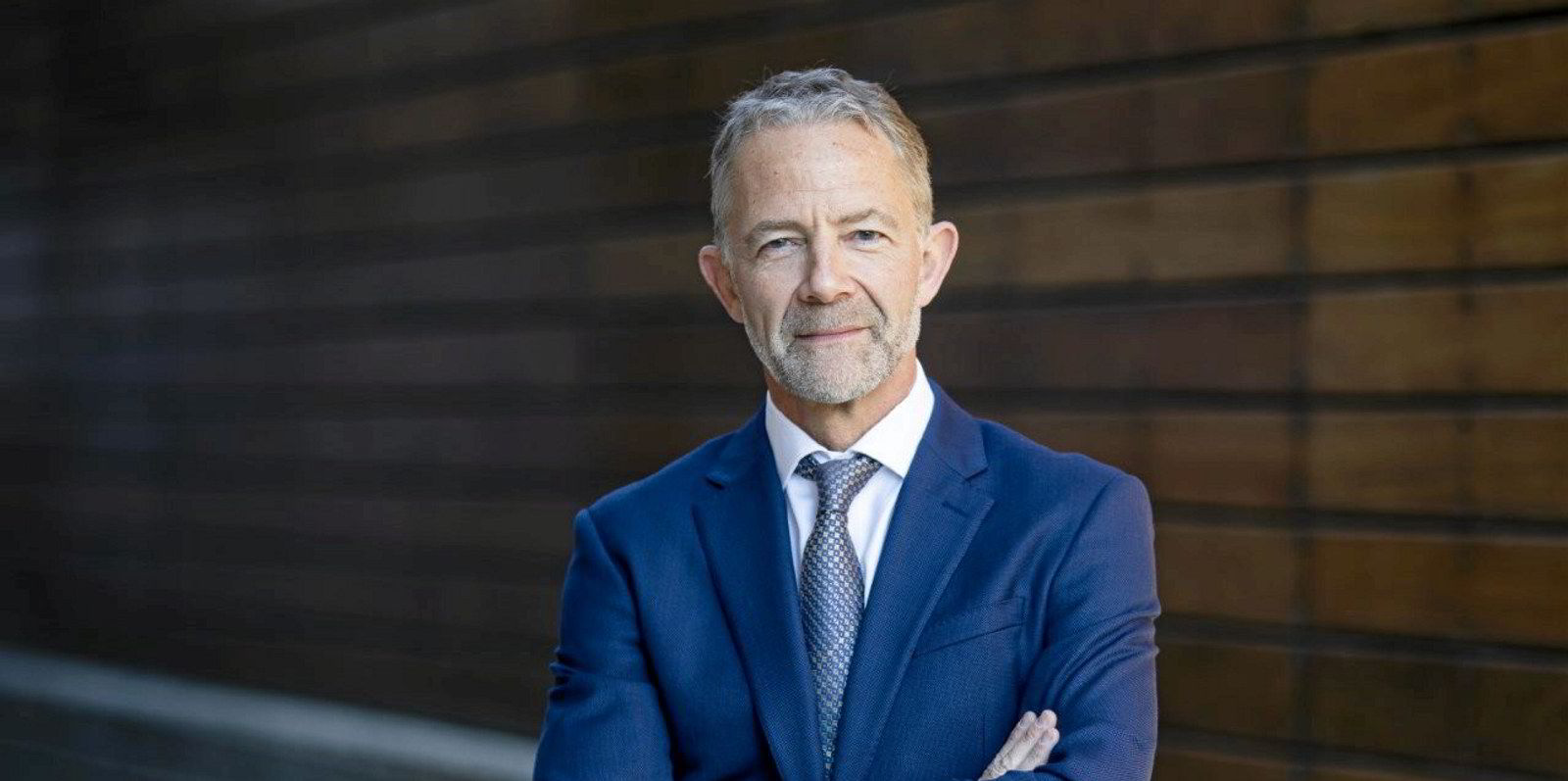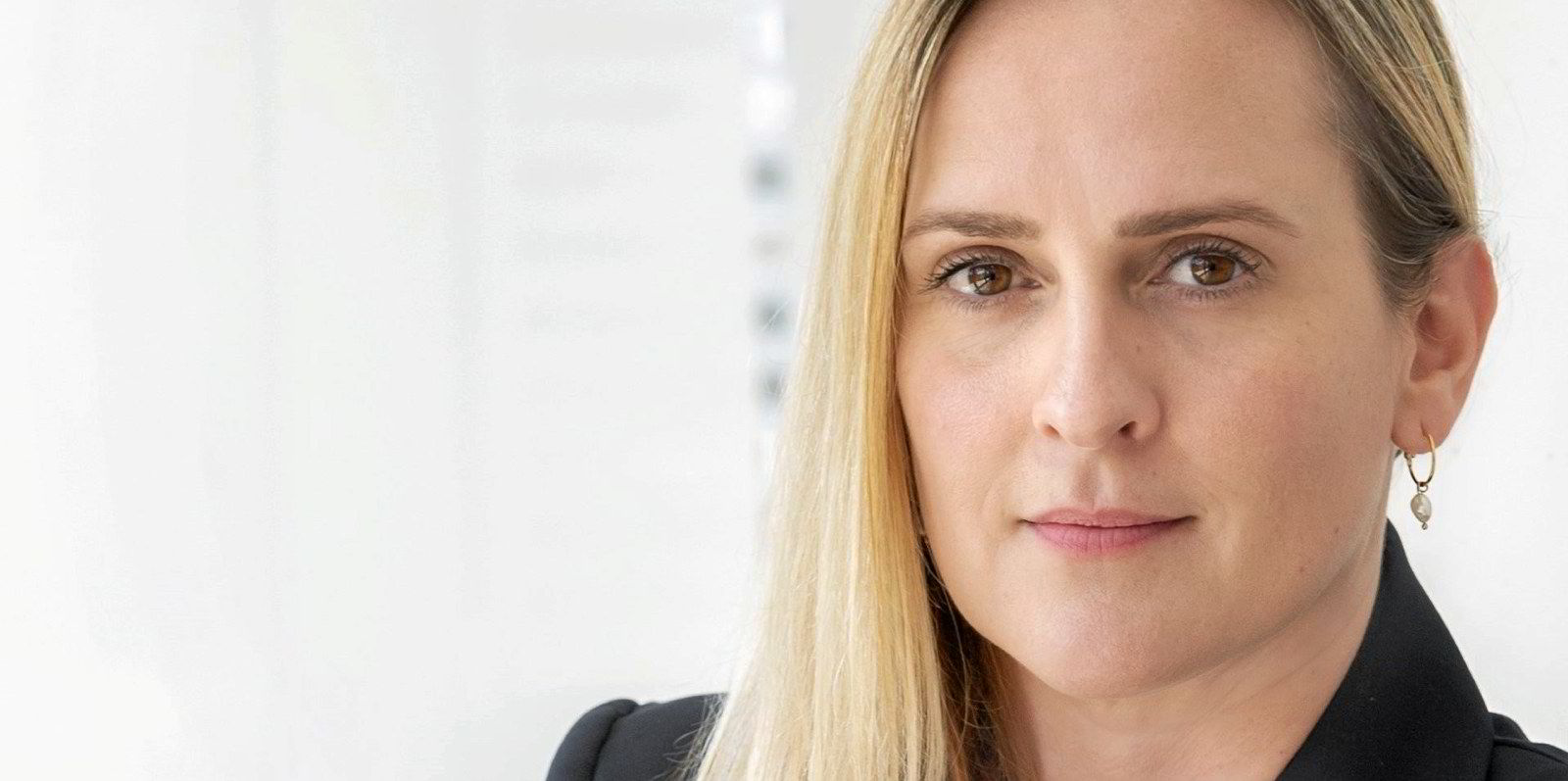Columbia Group, an expanding ship management platform for more than 400 vessels, has launched a review to channel its growth efforts for the decade ahead.
Internally known as Columbia 2.0, the process began in June and is expected to conclude by the end of the year, chief executive Mark O’Neil told TradeWinds.
Each of the group’s units will evaluate where it needs to be in the years ahead and estimate the additional resources required to get there.
“Columbia 2.0 is all about accommodating our growth in an orderly manner,” O’Neil said.
“By January 2024, we will be geared-up, resourced-up, technologied-up for the next five, 10, 15 years.”
The trained lawyer, who is also CEO of Columbia’s shipowning parent, Schoeller Holdings, is quick to point out that Columbia 2.0 is not just about spending more money on people and technology.
The intention is rather to review internal procedures to whip them into shape for further digitalisation.
“We’re using this whole process in a very cathartic and holistic way,” he said. “Let’s pause and think how we can change processes that can then be digitalised.”
Airborne technology
That process goes hand in hand with an ambitious cooperation project with a major IT provider to the aircraft industry to transpose some of its solutions to the oceangoing business.
“I can’t say much more at the moment, because the ink is not dry, but we are the chosen partner to digitalise the maritime space in just the same way that the aircraft industry space was digitalised,” O’Neil told TradeWinds.
“It’s a fundamental metamorphosis of the whole maritime operation management function that we’re going through.”
Technology, however, should be on tap, not on top, he cautions.
“Whereas some companies are predominantly focused on technology, we’re predominantly focused on people empowered by technology,” he said.
“Nobody wants to talk to something like ChatGPT, you want to be talking to a person.”
Columbia 2.0 has by no means slowed the firm’s expansion drive.
The company has grown in scope and size recently — setting up offices in new locations while developing further in its goal to become a one-stop shop in everything from commercial and technical ship management to crewing, financing and catering.
Over the past couple of years, it has set up new offices and struck cooperation deals covering the gamut of shipping activities in Saudi Arabia, France, Italy, Germany, India, Indonesia, the United Arab Emirates and Turkey.
One development O’Neil is particularly optimistic about is its new Greek office: “That is one of our fastest developing offices. If the phenomenal growth we’re seeing there continues, I see Greece having the same importance to the group as Cyprus does now.”
Greece is emblematic of Columbia’s ambition to offer what O’Neil calls “second-party” ship management.
Intended to be a much closer partnership than what is traditionally understood as third-party management, this is meant to enable Greek second-generation owners’ traditional “inherited need” to retain an active part in their operations, he said.
New growth possibilities opened up for Columbia in Athens and Piraeus following the amicable dissolution of its joint venture with the Tsakos Group in March.
Merger conundrums
Columbia and Cyprus peer Marlow Shipmanagement also formally dropped a merger plan that they had launched years ago.
“We found that once both sides took a look at it, the reasons for the merger weren’t there,” O’Neil said.
“Both companies have done very, very well as a result of not merging and have remained friends, close friends, and cooperating.”
That development chimes with his more general viewpoint that the scope for mergers in the industry has faded — especially after the OSM Maritime and Thome Group merger, which he sees entrenching a split in the business between private, family-backed operators and equity fund-backed rivals.
“I really think there are no compelling objectives for merged and super-sized management companies and I therefore don’t really see a need for further consolidation in the management market,” he added.






